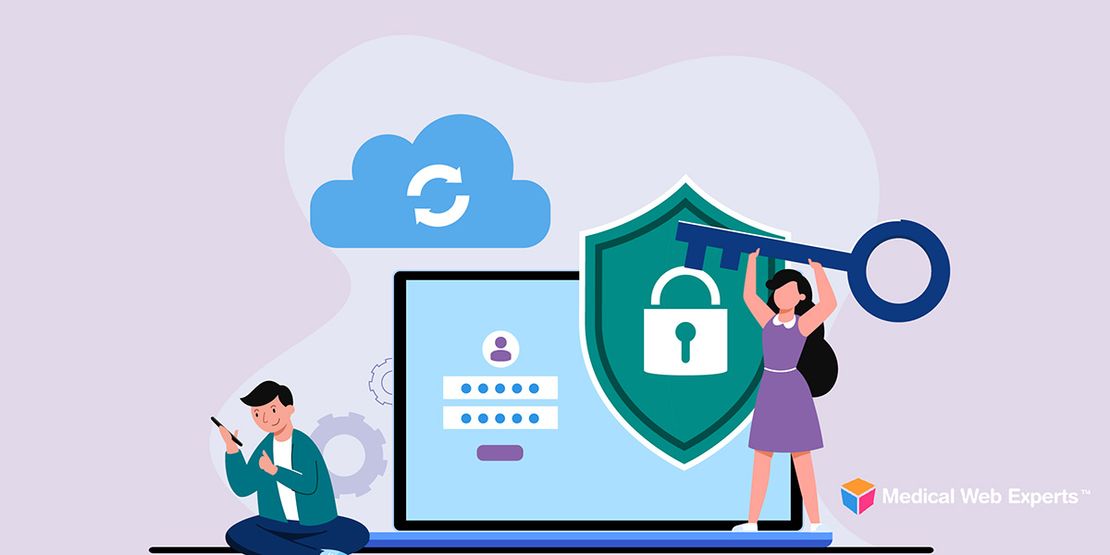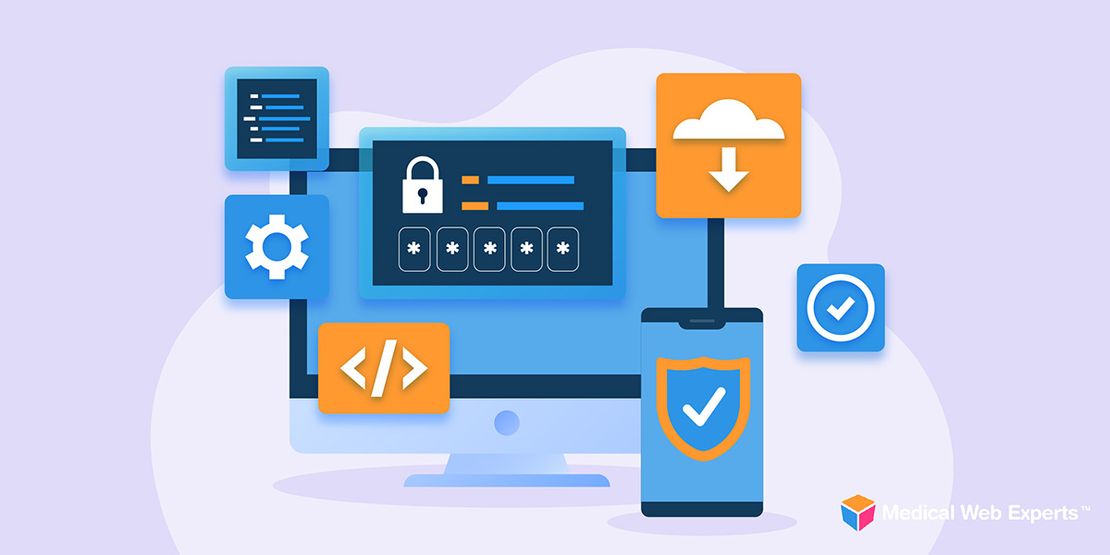In a Bridge Patient Portal article last week, nurse practitioner and healthcare tech writer Rebecca Brunelle discussed the importance of choosing the right Chronic Care Management software. Asking the right questions is the key to helping your healthcare organization to take advantage of the benefits provided by Chronic Care Management (CCM), namely improved health outcomes and annual revenue increases in the ballpark of $500 to $1,600 per patient.
Between 2015 and 2017, the Centers for Medicare and Medicaid (CMS) introduced three new Medicare Current Procedural Terminology (CPT) codes that can be used by providers to bill for CCM services. In doing so, CMS had two key goals: to address the need to improve outcomes for chronic conditions, which are currently responsible for 86% of U.S. healthcare costs, and to continue to move toward aligning reimbursements with accountable, high quality care. In a nutshell, CCM services allow healthcare organizations to monetize the necessary assistance provided to patients with chronic conditions between appointments, including education, counseling, and support services, by building these into an established care plan.
However, as Brunelle points out, the new CCM billing codes come with a specific set of requirements around eligible diagnoses, established care plans, and patient consent. Furthermore, CMS has a separate set of rules that dictates what functionalities a health system’s electronic health record (EHR) must have in order for its providers to use the CCM-specific CPT codes. This regulatory complexity, along with the limitations of health systems’ EHRs account for two of the main barriers to the implementation of CCM services. And this has been reflected in patient care: in the middle of 2016, CMS reported that only 15% of eligible patients received CCM services from their providers.
In her discussion, Brunelle goes into detail on the stipulations that must be met in order to provide CCM services, the specifications for using each of the three new CPT codes, and the challenges faced by health systems that may explain the low rates of CCM service provision to date. She also presents the top questions that a healthcare organization should ask in the search for the best CCM software, including questions about:
- The ability of the software to interface with the EHR that is in place and with a revenue cycle management (RCM) system
- Featured actions that the healthcare application allows users to carry out, like generating and editing care plans and pulling billing reports by CCM CPT codes
- Training provided by the software company to your healthcare providers and billing staff
Whether the CCM software chosen is a ready-to-go product or a custom health application development solution, the right system is essential to well-coordinated, profitable CCM service delivery.


